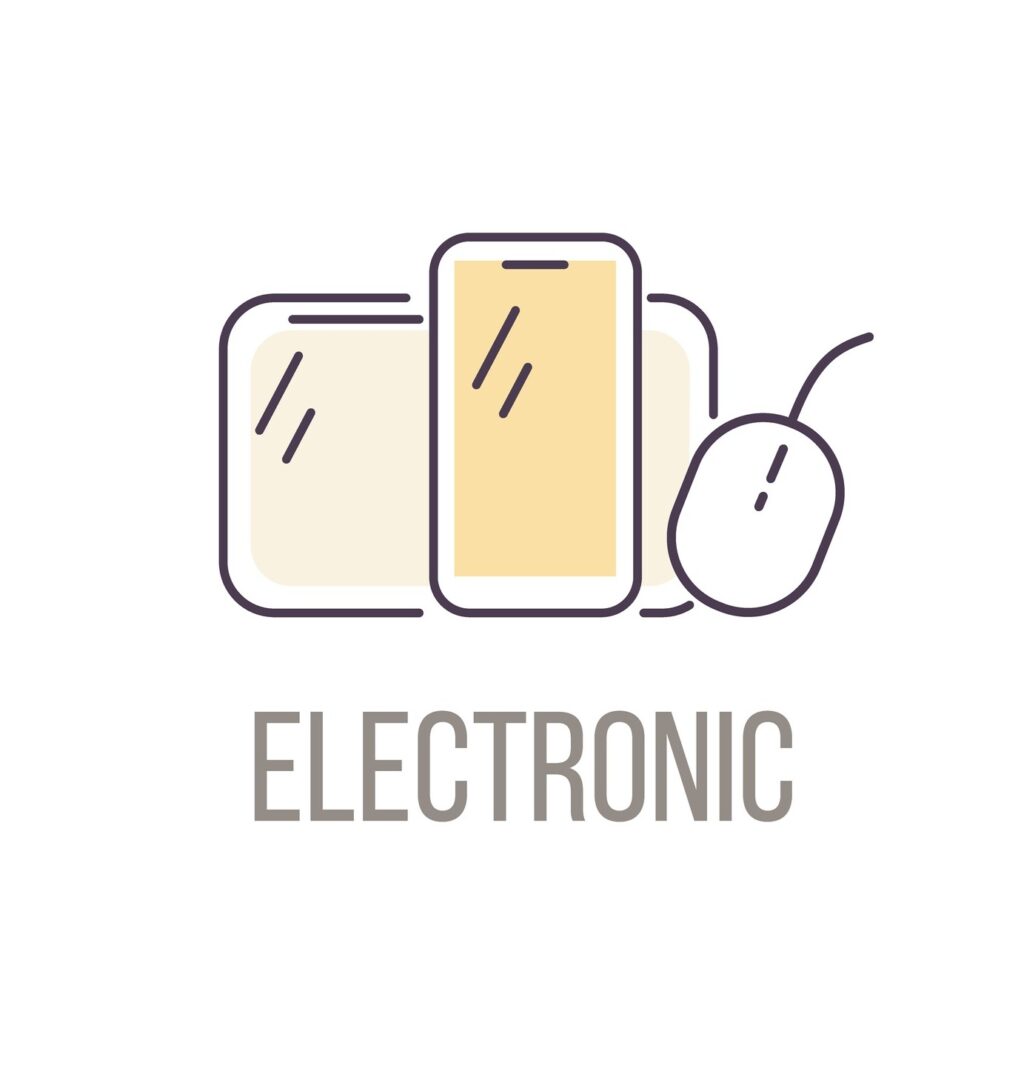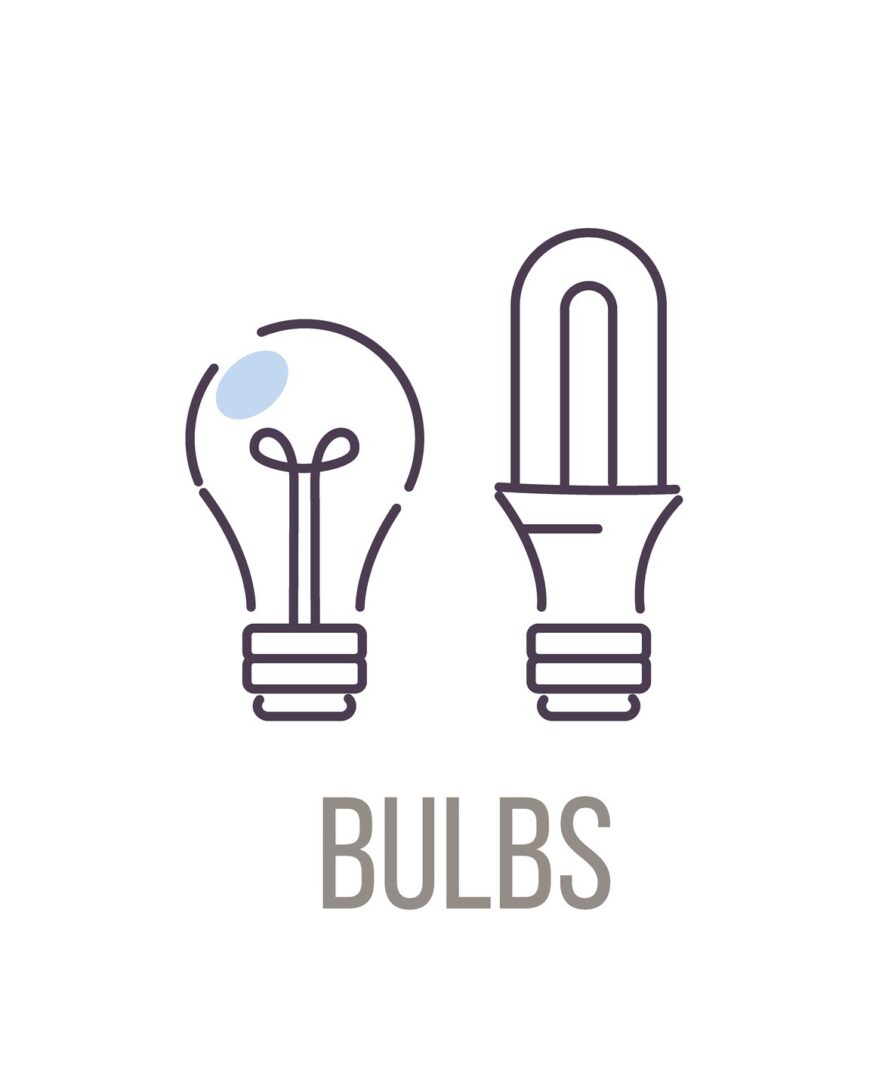Some items in your apartment can’t be disposed of with regular garbage, even if they fit in the apartment complex’s dumpster, alley garbage cans, or trash compactor. Discover what these items are (they’re more common than you might think!), why they can’t go in your trash can, and how to dispose of them properly.
To locate your nearest Household Hazardous Waste facility, visit this link: https://epa.illinois.gov/topics/waste-management/waste-disposal/household-hazardous-waste.html
Batteries: Many batteries contain toxic chemicals such as mercury, nickel, and cadmium. If these batteries end up in a landfill, these chemicals can harm the soil or water system. Always take rechargeable batteries to your nearest local recycling drop-off. Although alkaline batteries are less harmful, homeowners should still deliver them to a Household Hazardous Waste (HHW) facility for safe disposal. Do not put lead-acid batteries in the trash or recycling bins.

Paint: Leftover paint must be disposed of safely due to its flammable and poisonous nature. For latex paint, you can add a handful of cat litter to absorb it, let it dry, and then dispose of it in the garbage or take it to a recycling center that handles scrap metal. If it’s oil-based paint, it must be taken to the nearest HHW facility.
Motor Oil: After a DIY oil change, never discard used motor oil in the trash as it is flammable and toxic, posing a risk of contaminating water and soil. Instead, bring the used oil to your local automotive repair shop, which may clean and reuse it. Alternatively, homeowners can take motor oil or transmission fluid to an HHW facility. Check the link provided for more information.
Electronics: All electronic accessories contain heavy metals such as lead and cadmium, which can be harmful to the environment if disposed of improperly. Ensure that you take them to the appropriate recycling center to keep electronics out of the waste stream. Visit the Illinois Department of Central Management website to learn how to dispose of all electronics: https://cms.illinois.gov/agency/recycling/e-cycle.html#:~:text=For%20equipment%20designated%20as%20RECYCLE,delivery%20with%20Appointment%20Scheduling%20staff.

Mercury Thermometers: If you still have a glass thermometer containing mercury, do not throw it in the trash. If the thermometer breaks, the mercury, a neurotoxin, poses health and environmental risks. Some universities and organizations offer exchange programs allowing you to trade in your mercury thermometer for a new digital model.
Prescription Drugs: Avoid flushing unused medications down the toilet. Instead, find a safe place to dispose of your old and unused prescriptions. For proper medication disposal, visit: https://epa.illinois.gov/topics/waste- management/waste-disposal/medication-disposal.html#:~:text=Safe%20Use%20and%20Disposal%20of%20Medicine&text=Bring%20your%20expir ed%20and%20unused,for%20MED%2DProject%20and%20Inmar.
Fluorescent Light Bulbs: While regular light bulbs can be thrown in the trash, fluorescent light bulbs (CFLs) contain mercury, a hazardous element that harms the environment. Take old fluorescent light bulbs to your local Household Hazardous Waste facility for recycling.
Lawn Chemicals: Chemical-based lawn and garden fertilizers, herbicides, and pesticides should never be poured down the drain or thrown away in the garbage, as they are harmful to living things and the ecosystem. Dispose of lawn chemicals at your local Household Hazardous Waste facility. Consider giving them away to a friend or neighbor if applicable.
Smoke Detectors: Ionization Chamber Smoke Detectors (ICSDs) contain a small amount of radioactive material to detect smoke, requiring them to be taken to your local HHW facility. Photoelectric smoke detectors do not contain radioactive material and can be dropped off at any electronics recycling facility. Combination smoke detectors should be treated like ICSDs.

Fireworks: Never dispose of fireworks in the garbage without proper preparation. Soak any unexploded fireworks in water for at least 24 hours, then double-wrap them in plastic wrap or bags to keep them damp before disposing of them in the regular trash.
Tires: It’s illegal to throw tires in the trash due to the risk of ground contamination from their steel belts. Most car dealers and tire retailers offer tire recycling services, often for a fee. Alternatively, you can arrange for your trash service to pick them up.
Mothballs: While effective for protecting clothes and fabric items, mothballs are considered pesticides containing toxic ingredients. Avoid flushing them down the toilet or tossing them in regular trash. Instead, place them in a bag and take them to a hazardous waste center near you.
